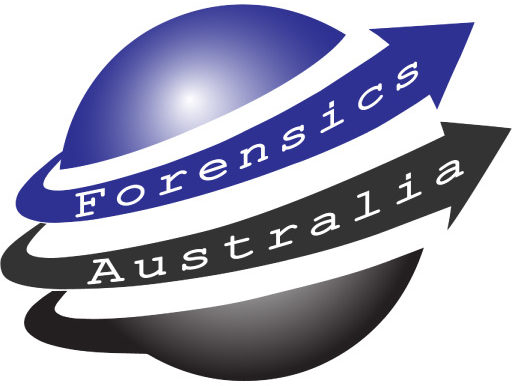
Richard Boddington has an impressive career as a Detective Chief Inspector (Special Branch) in law enforcement, having been in police forces in both the the UK (London Metropolitan Police) and Hong Kong (Counter Subversion and Terrorism), as well as senior intelligence positions and security management roles in Australia.
Since 1990, Richard has been involved in information security investigation and data analysis as the founder of Forensics Australia and the author of the Practical Digital Forensics publication.
Richard has also undertaken extensive university level academic research since 2015, and is involved in teaching digital forensics.
He was a Unit Coordinator, lecturer and researcher at Murdoch University teaching information security and digital forensics. Involved the design and coordination of under-graduate and post-graduate units providing students virtual analyses of simulated computer crimes. This practical training and theoretical education better prepared students to become IT security professionals in government and corporations. It also readied them to deal more effectively with computer-related crime incidents and preserve fragile evidence for legal proceedings, and provided supervision to honours and post-graduate researchers. He has received commendations for teaching excellence, and undertook post-graduate research into validating digital evidence.
He was also a visiting Fellow of the University of Western Australia’s Centre for Forensic Science.
Examples of Experience
Richard is involved with:
- Aggravated burglary and false imprisonment;
- Analysis of CCTV video digital evidence of assault and rape cases;
- Analysis of civil litigation claims for private and corporate clients;
- Analysis of computer and mobile phone evidence;
- Authenticating digital evidence suspected of having been manipulated;
- Bomb threats;
- Child pornography, child exploitation and cyber stalking;
- Drug trafficking;
- Email and Internet fraud and hacker attacks;
- Homicide and suicide and other crimes of violence and cases relating to mobile phone, computer, CCTV and cell tower evidence;
- Family law disputes and AVRO breaches;
- Industrial espionage and sabotage;
- Intelligence analysis of complex criminal activities and relationships;
- Suspected copyright and contract breaches;
- Suspected fraud and forgery;
- Worker’s compensation disputes and personnel misconduct and criminal breaches;
- Unfair dismissal and employment appointment disputes; and
- Vexatious prosecutions and litigation
Related Qualifications
Richard undertook PhD level research in digital forensics.
Richard’s qualifications include:
• Bachelor of Science (1st Class Honours) in Communications and Information Technology;
• Diploma of Forensics; and
• Certificate IV in Training and Assessment.
Related Memberships
Richard is a member of the following organisations:
• Association of Certified Fraud Examiners.
Related Publications
Richard is a journal reviewer for the:
• Association of Digital Forensics;
• Security and Law’s Journal of Digital Forensics; and
• Security and Law and the Multidisciplinary Digital Publishing Institute.
He has published a range of Digital Forensics articles and books including Practical Digital Forensics. This publication can be found at Birmingham: PACKT Publishing in 2016:
